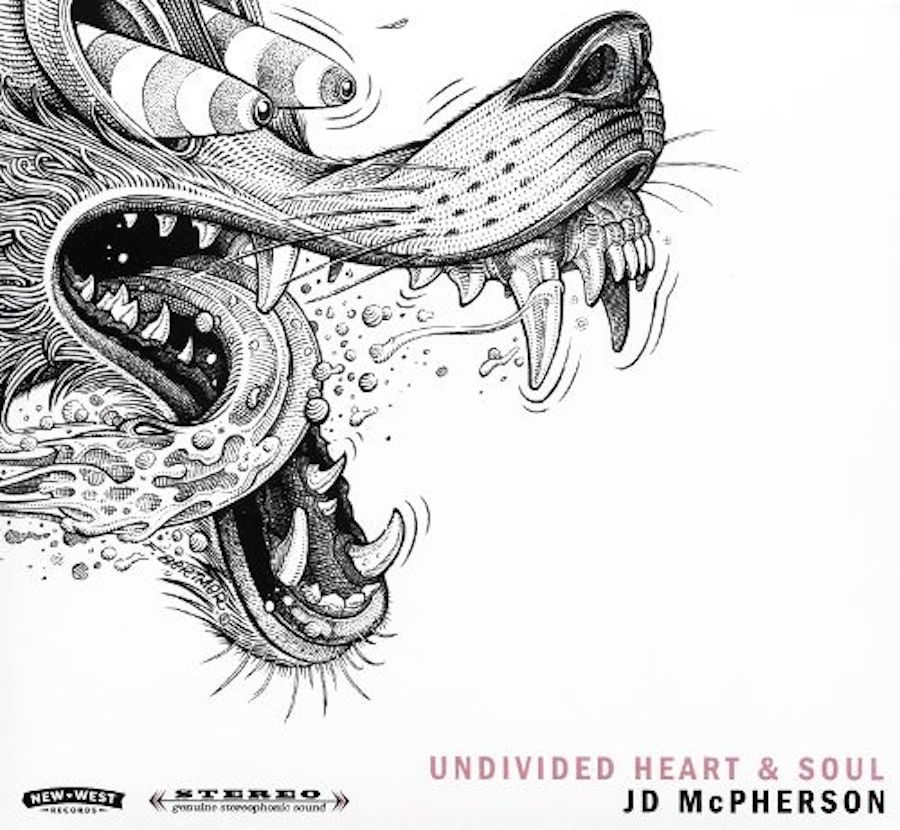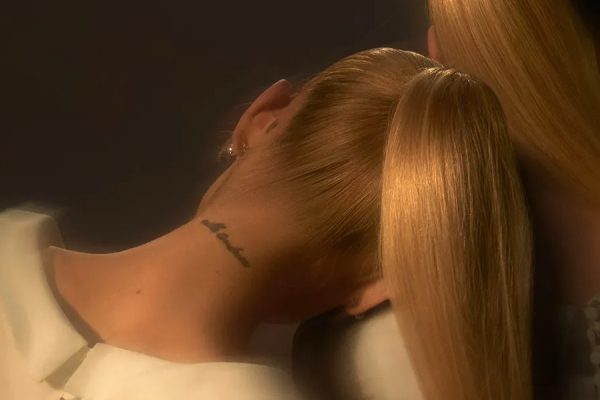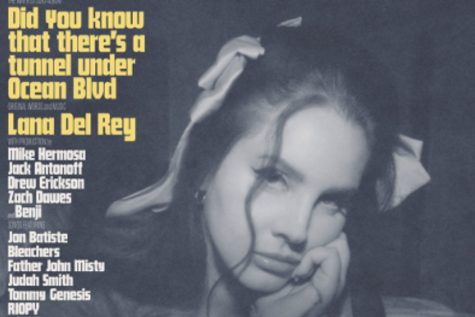Undivided Heart & Soul: different, but still JD McPherson
November 2, 2017
The music industry is changing rapidly as artists in all genres are blending, mixing, morphing, and twisting into the new realm of alternative music.
In the last five years or so, we’ve seen pop music evolve from the electric dance sound of Lady Gaga and Katy Perry in 2010, to the retrofitted party music of Passion Pit and Portugal. The Man. Rock and roll has shifted from the poppy, track-by-track recording styles of Kings of Leon and the Foo Fighters to the untamed vibes of skeleton blues rock bands like The Black Keys or The Alabama Shakes. Overall, competition in the world of music has shifted from fighting over a niche in the popular scene, to an artist’s war over who can express his or her music in the most unique way possible.
When it comes to mixing old and new styles to create ear-opening rockabilly roots music, few come close to rock musician JD McPherson. Over seven years, two LPs and a long string of national and international tours, McPherson has brought into the light nostalgic rock trends like the long-echoing fuzzy guitar riff in “Head over Heels,” or the 1950’s pentatonic fast-paced rockabilly beat in “North Side Gal”. In his October 2017 album, Undivided Heart & Soul, however, McPherson brings hints of his own classic sound to a more pop-rock style.
Such a change in McPherson’s style might have something to do with his change in scenery during the process of recording his first album on the New West Records label.
McPherson was also influenced by artists with which he had never before worked. Divided Heart & Soul was processed with a long list of well-praised collaborators, including Queen of the Stone Age’s Josh Homme and Dean Fertita, who assisted in McPherson’s writing process for the first time, helping him transition from fictional lyric writing to a more personal approach. As refreshing as it was to hear McPherson expanding his horizons lyrically, tracks such as “Under The Spell of City Lights” contain a rough mixture of bass-led 60’s-style dance rhythm with lyrics that sound just slightly as if they are trying too hard to be poetic.
During the recording process, other notable musicians stopped by McPherson’s boiling pot to sprinkle in their own spices. One among them is songwriter Butch Walker on the mid-tempo “Crying’s Just a Thing that You Do,” however, singers Wolfe and Holly Laessig from the rock band Lucius contributed vocal harmonies on a number of tracks. Lucius’ drummer Dan Molad co-produced the entire record.
Despite McPherson’s lyrical weak spots on Undivided Heart & Soul, he must be given credit for staying true to his simple, solid, and old-school roots in tracks such as “Lucky Penny” which include his classic fuzzy blues guitar riffs, along with very simple, yet powerful lyrics that paint a picture of a gambler on the run of a bad losing streak.
The track “Bloodhound” as well, sounds like sweet, pure, unadulterated McPherson honey. It is mainly instrumental, but comprises a tightly-knit, fast-paced catchy rockabilly riff that repeats continuously only to introduce the raspy and soulful JD McPherson voice we all love. There are no attempts at poetic lyricism, or enhanced effects, simply a lively, energetic tune that will more likely than not make one’s foot tap at the first listen.
While McPherson, like all artists eventually do, is trying to experiment; expanding his style in an attempt to grow as an artist, I would like to quote the famous expression, “If it ain’t broke, don’t fix it”. His 2011 hit “North Side Gal” is not beloved for its deep lyrics or dynamic sound. No, it is a great song because it was authentic – one can hear his raspy, excited voice shouting excitedly behind a clean guitar, upright bass, and snare. It is a great song because it makes you want to light a cigarette, put on some sunglasses, and start dancing with the next girl you see.
While Undivided Heart & Soul strays from the McPherson norm lyrically and stylistically, all tracks still possess a quality to them that is rarely reflected by any other contemporary rocker. Deep beneath the covers of backup vocal tracks and alternative electric guitar strum patterns, one can still hear that gold. Even though McPherson is piling layer upon layer of lyrical and musical distraction to his songs, one can still hear that unique, one-in-a-million rockabilly kid poking his head out from underneath.
6.75/10- Although McPherson’s artistic voice survived layer upon layer of fluffy lyricism and recording, it still came through in the end. There is enough of his unique style remaining to make the album worth listening to, but not enough to make it legendary.
















